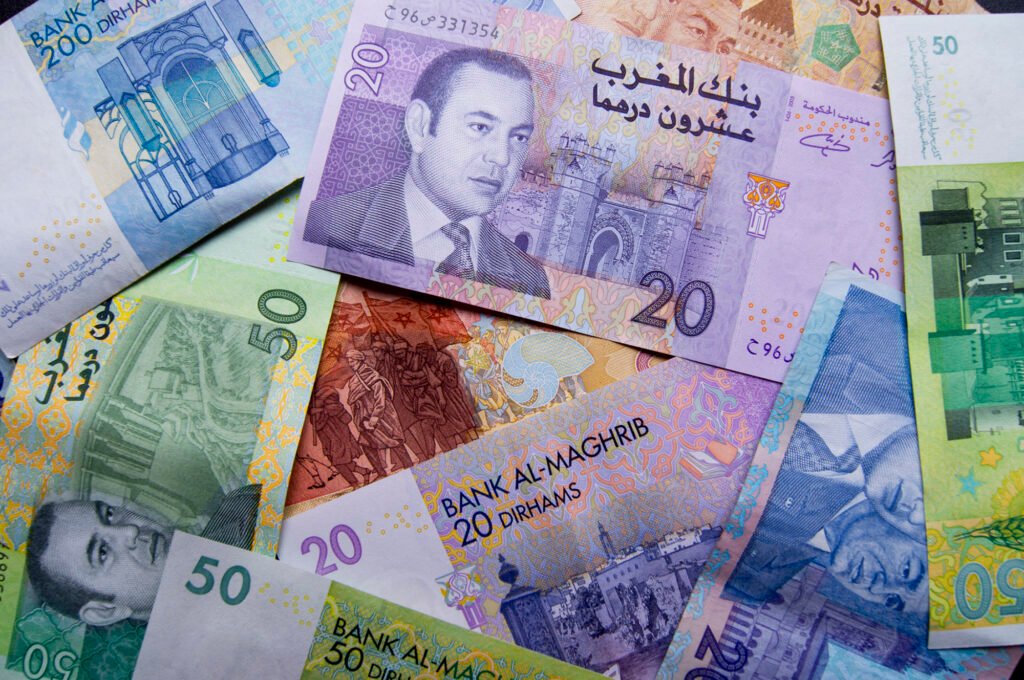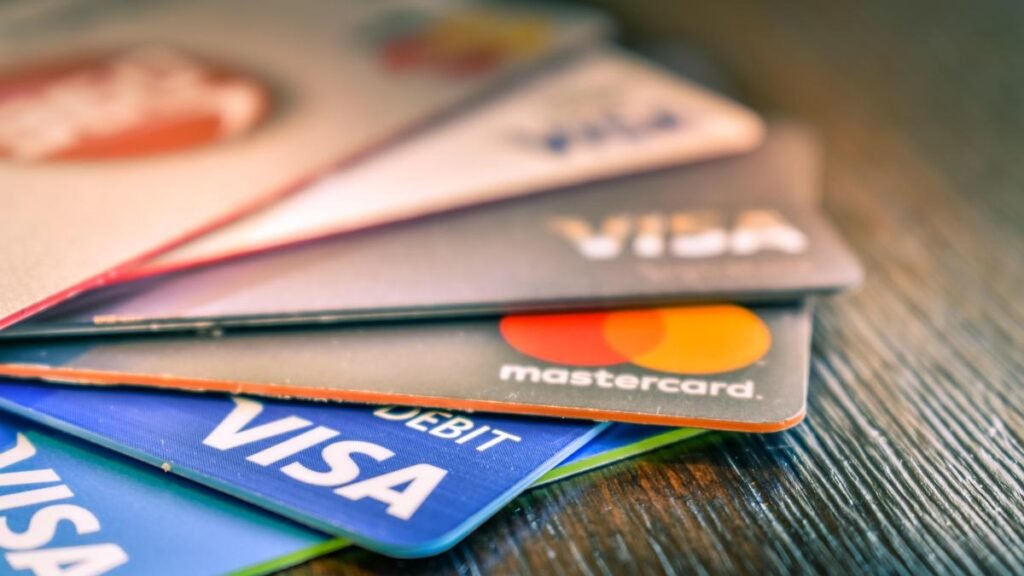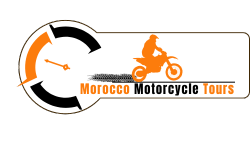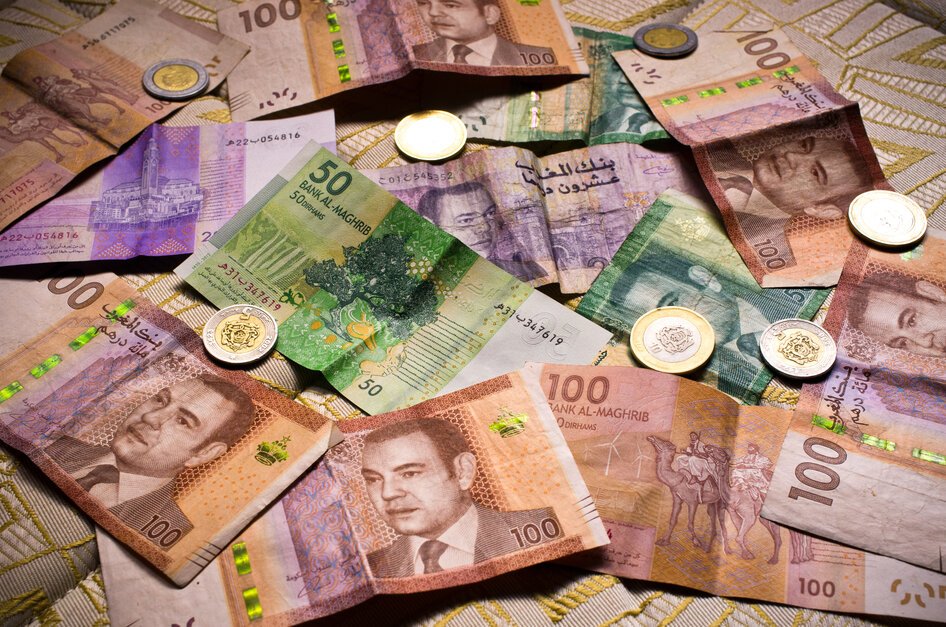If you’re planning a trip to Morocco, one of the most common and important questions is: how do I exchange money to Moroccan dirhams? Whether you’re landing in Casablanca, exploring the medinas in Fez, bargaining in the souks of Marrakech, or relaxing in Tangier, it’s essential to know where and when to exchange money, how much to bring, and what payment methods are accepted. Let’s walk you through every detail so you travel smart, confident, and worry-free.
What is the Currency in Morocco?

The official currency of Morocco is the dirham, often written as MAD or sometimes DH. It’s a closed currency, which means it’s hard to buy or sell outside Morocco. You’ll have to exchange your money after arrival in Morocco and convert it back before you leave.
One dirham is divided into 100 centimes. You’ll come across coins of 1, 2, 5, and 10 dirhams, and bills of 20, 50, 100, and 200 dirhams.
Understanding the Exchange Rate
The exchange rate changes slightly, but it’s quite stable over time. Here’s a quick mental trick to help you:
- 1 USD ≈ 9.5 MAD
- 1 EUR ≈ 10.5 MAD
- 1 GBP ≈ 12.5 MAD
So if you’re buying something for 100 MAD, that’s around $10.50, €9.50, or £8. It’s a good idea to round things up or down to make quick mental calculations while shopping.
Where Should You Exchange Money in Morocco?
There are a few options for changing your currency:
1. At Moroccan Airports
Right after landing, you’ll find exchange counters at all major international airports. They’re reliable, safe, and regulated, and they allow you to start your trip with some cash in hand.
Recommended places:
- Casablanca Airport (Mohammed V): Exchange counter just before the exit.
- Marrakech-Menara Airport: Right before leaving the terminal.
- Fez Säis Airport: Exchange counter near baggage claim.
- Tangier Ibn Batouta Airport: Easily visible after passport control.
Even though airport rates may not be the best in the country, they’re good enough to get you started.
2. In the City – Exchange Offices
Throughout Morocco, especially in major tourist cities, you’ll find licensed exchange offices that often offer better rates than banks or hotels. These are safe and professional, and you don’t need to worry much about comparing dozens of options — rates are usually very similar.
Top spots by city:
- Marrakech:
- Hotel Ali (near Jemaa el-Fnaa Square) – open 24 hours.
- Hotel Omar (Rue Bab Agnaou).
- Fez:
- Near Bab Bou Jeloud gate, about 50 meters on the right.
- Casablanca:
- Change Goulmima (550 Rue de Goulmima), near Hassan II Mosque.
- Tangier:
- At Grand Socco (April 9th, 1947 Square), across from Cinema Rif.
- Port of Tangier Ville and Tangier Med – both have exchange counters.
3. Banks in Morocco
Banks like BMCE Bank, Attijariwafa Bank, or Banque Populaire also exchange money. Their rates may be slightly lower, and they’re usually open Monday to Friday, 8:30 a.m. to 4:30 p.m.
Banks are good if you’re in a neighborhood without an exchange office. You’ll need to bring your passport for the transaction.
Can You Pay With Other Currencies in Morocco?

Mostly no, but with a few exceptions:
- Euros: In touristy areas, some shops and restaurants accept euros, but only bills, not coins. Expect a basic 1 EUR = 10 MAD rate, which is slightly worse than the market rate.
- US Dollars or British Pounds: Rarely accepted. You’ll usually need to convert them to dirhams first.
Can You Pay With Credit or Debit Cards?
Yes, but not everywhere. Hotels, large restaurants, and luxury stores often accept cards, but:
- Local shops, souks, taxis, and street vendors usually don’t.
- Some card machines add a surcharge (1-3%).
- Make sure to notify your bank about travel, or your card might get blocked.
- Use VISA or Mastercard – American Express is less widely accepted.
If you want to withdraw cash, use your debit card at ATMs. ATMs are available in most cities and towns. Your bank will charge a fee, and the local ATM may also add a charge. Still, this is a convenient option for travelers.
How Much Money Should You Exchange?
Let’s break it down.
Daily Expenses in Morocco
- Budget travelers: 150 – 200 MAD/day
- Mid-range travelers: 300 – 500 MAD/day
- Luxury travelers: 800+ MAD/day
This includes meals, transportation, small purchases, and entry tickets. Hotels or guided tours might already be prepaid online, so adjust accordingly.
We recommend exchanging enough for your first 3–4 days, then you can top up later as needed. Keep some cash aside for unexpected expenses like:
- Medicine or toiletries
- Souvenirs
- Unplanned excursions
- Tipping guides or hotel staff
Tips for Exchanging Money in Morocco
- Bring clean, undamaged foreign currency notes. Torn bills may be rejected.
- Keep your exchange receipt. You may need it if you want to change dirhams back into your currency at the airport.
- Avoid exchanging money on the street. It’s illegal and risky.
- Ask for small change. Many shops struggle to break 200 dirham bills.
- Use a money belt or pouch to store large amounts safely.
What If You Have Dirhams Left at the End?
If you still have dirhams before leaving Morocco, here’s what to do:
- Exchange them back at the airport. You’ll get a less favorable rate, but it’s better than losing them.
- Some exchange offices may require the receipt from your original exchange.
- Use leftover dirhams at the airport for snacks, gifts, or meals.
- You can also keep small amounts for your next trip – Morocco is worth visiting again!
Frequently Asked Questions (FAQs)
Can I exchange Moroccan dirhams outside Morocco?
No, the dirham is a closed currency, so you can’t legally exchange it outside Morocco. Bring your money and exchange it after arrival.
What is the best currency to bring to Morocco?
Euros are the most accepted, followed by US dollars and British pounds. Bring clean, undamaged bills, preferably in large denominations.
Can I use traveler’s checks in Morocco?
Traveler’s checks are not recommended. Most exchange offices don’t accept them anymore.
Are ATMs available in rural areas?
Not always. In remote villages or desert towns, cash is king. Always carry enough cash when heading to remote places like Merzouga or the Atlas Mountains.
Can I exchange money at my hotel?
Some hotels offer exchange services, but their rates are usually worse than regular exchange offices.
What should I do if I lose my cash or card?
Contact your bank immediately to block the card. Also, inform your embassy if needed. It’s smart to keep a second card and some emergency cash stored separately.
Final Thoughts
When visiting Morocco, knowing how to handle your money can save you time, stress, and money. Always exchange your cash at official locations, keep receipts, avoid using your card for small purchases, and have a budget in mind. Whether you’re exploring a royal palace, sipping mint tea in a souk, or riding camels through the Sahara, having the right amount of dirhams in hand will make your journey smooth and enjoyable.

